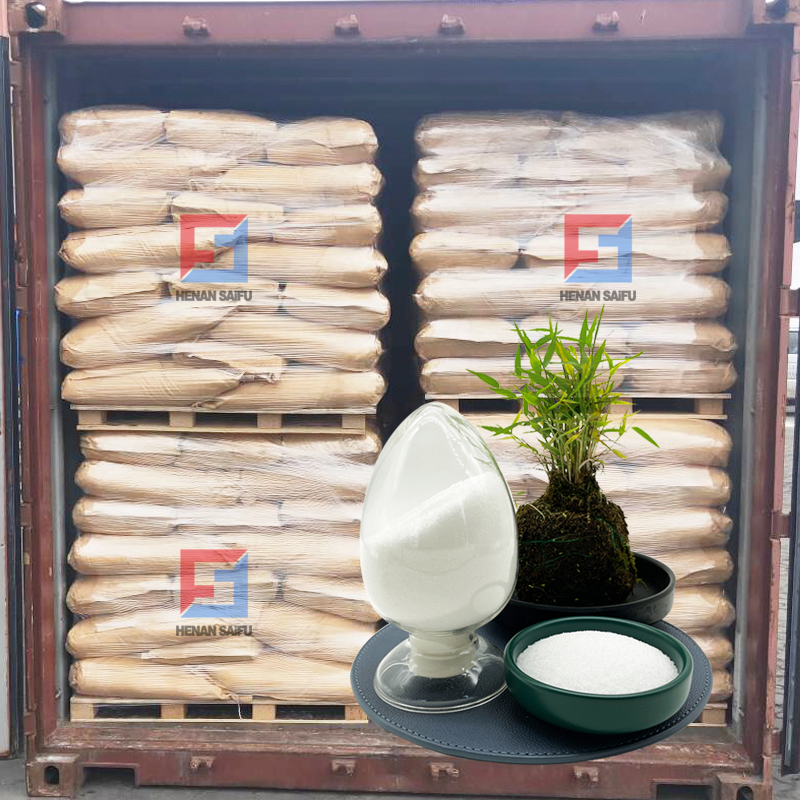E-mail: admin@saifutd.com Tel: 86-13598853789
E-mail: admin@saifutd.com Tel: 86-13598853789
news
1. Definition of flocculant: Flocculant is a chemical that can aggregate suspended particles in water to form floc. By adding flocculants, suspended particles in sewage can be caused to agglomerate into larger flocs, which can be easily separated through sedimentation, filtration, etc., thereby achieving the purpose of purifying water quality.

2. Development history of flocculants
The use of flocculants dates back to ancient Egypt, when natural plants such as cacti were used to treat water quality. With the development of science and technology, inorganic flocculants (such as iron salts and aluminum salts) began to be widely used in water treatment in the 19th century. In the 20th century, organic polymer flocculants gradually became a hot spot in research and application. Due to their excellent flocculation effect and environmental protection performance, they gradually replaced the market position of some inorganic flocculants.
3. Main classification of flocculants
Flocculants can be divided into two categories: inorganic flocculants and organic polymer flocculants.
Inorganic flocculants: mainly include aluminum salts (such as aluminum chloride, aluminum sulfate, etc.) and iron salts (such as ferric chloride, iron sulfate, etc.), as well as other types of inorganic flocculants (such as silicates, gypsum, etc.) . Inorganic flocculants have the characteristics of low cost and wide application range, but they may have certain impact on the environment.
Organic polymer flocculants: mainly include cationic polyacrylamide, anionic polyacrylamide, nonionic polyacrylamide, etc. Organic polymer flocculants have the characteristics of good flocculation effect, low dosage, and excellent environmental performance, but the cost is relatively high.
With the deepening of scientific research, people continue to develop new flocculants to meet the needs of different types of sewage treatment. In practical applications, it is usually necessary to select a suitable flocculant based on the characteristics and treatment requirements of sewage.

As the 2026 Chinese New Year approaches, to ensure all employees have a safe, peaceful, and enjoyable holiday, and considering the suspension of logistics services before the holiday, our company's Spring Festival holiday will officially begin on February 7, 2026, and normal work will resume on

Polyacrylamide (PAM) is known as the "Universal Additive" and "King of Flocculation" due to its unique high-molecular chain structure and two key physical and chemical functions it plays in water treatment: electrostatic neutralization and adsorption bridging.I. Core Foundation: